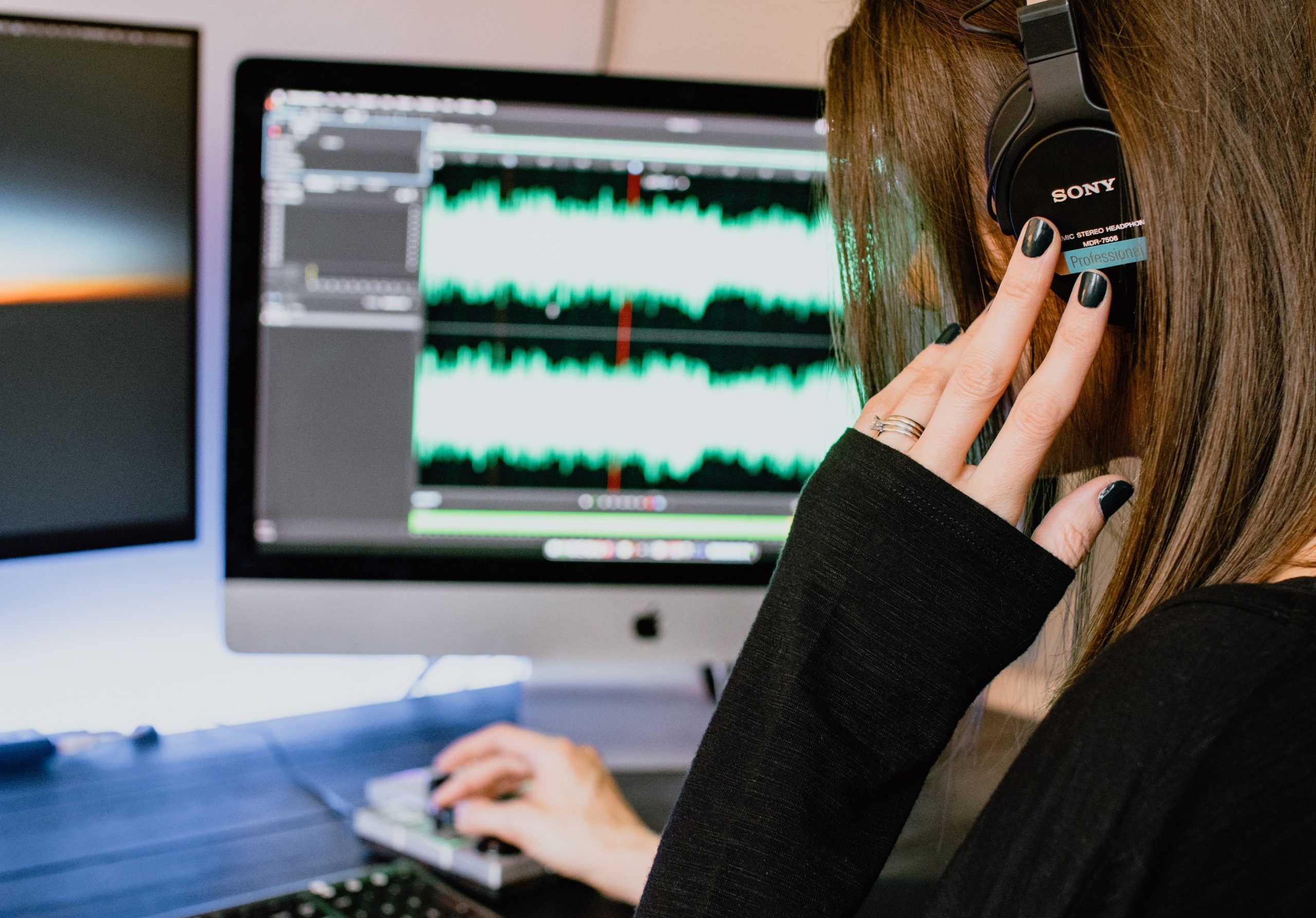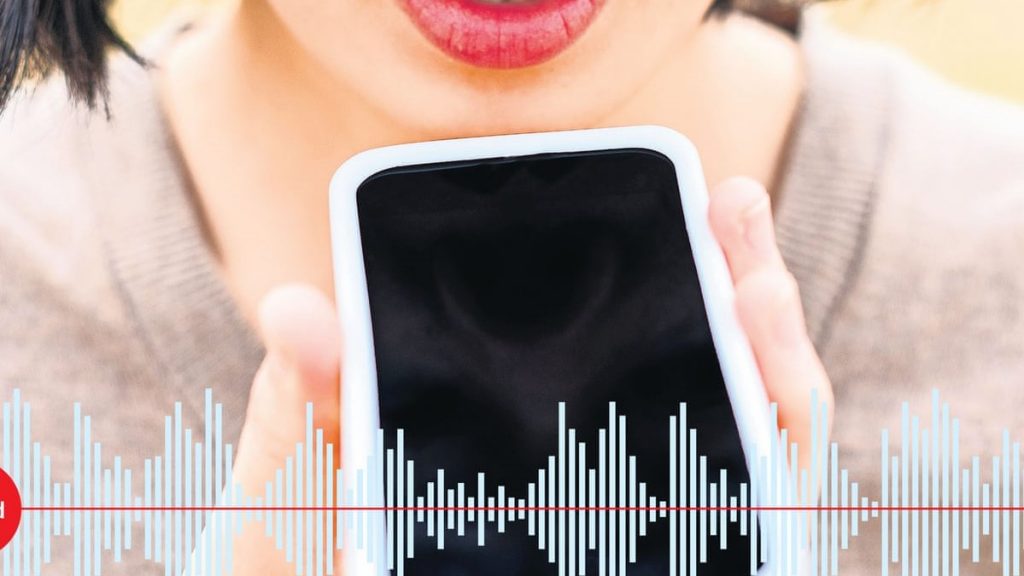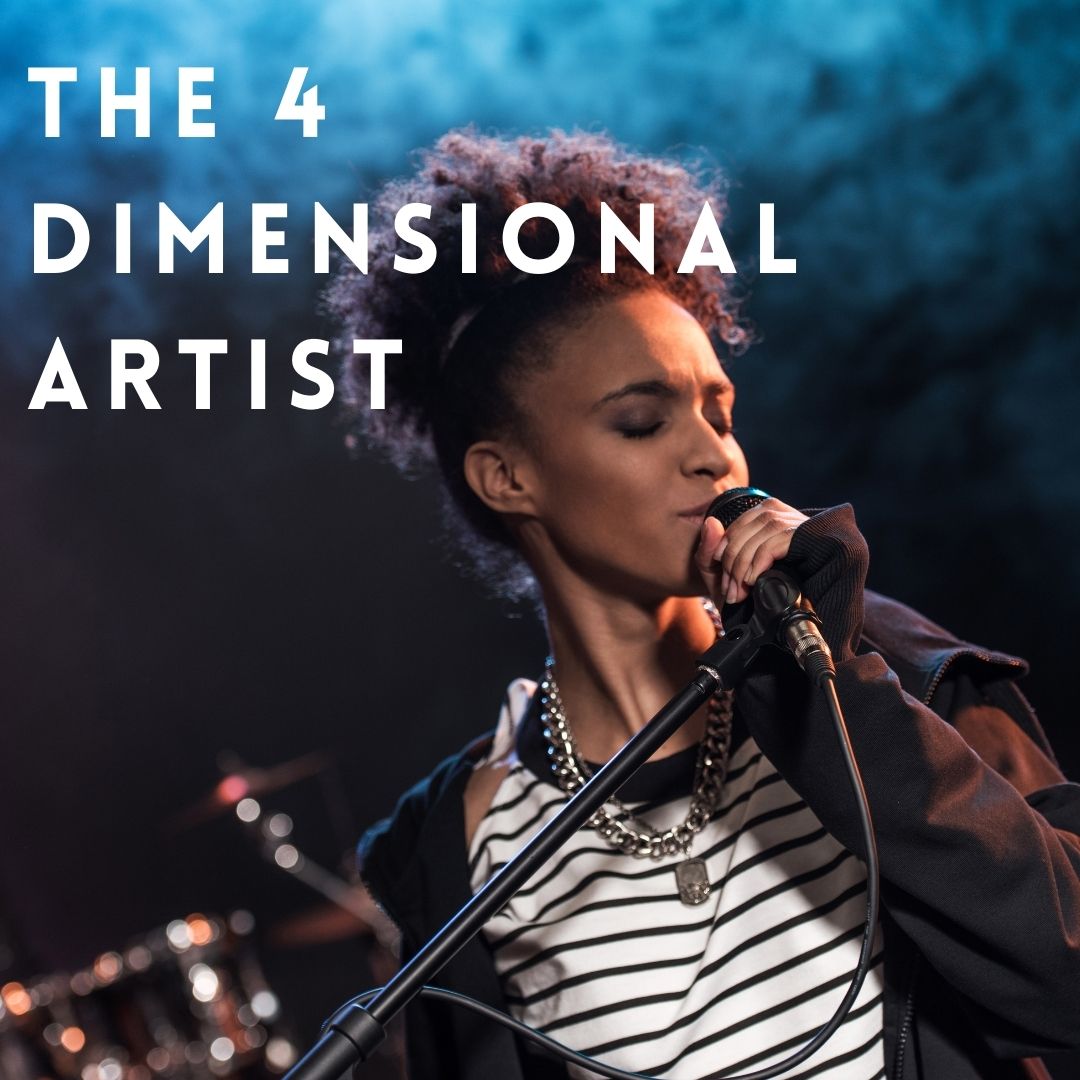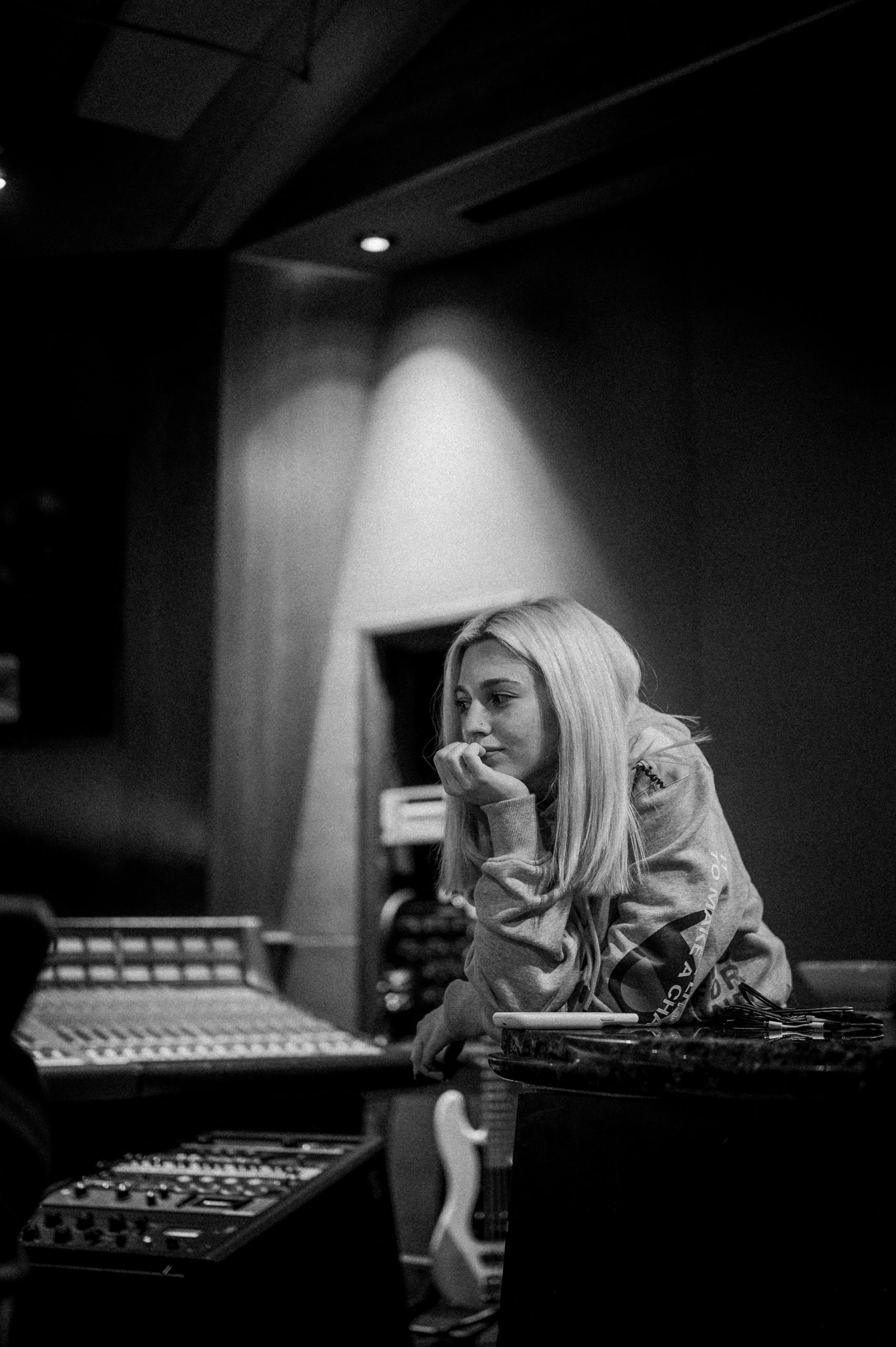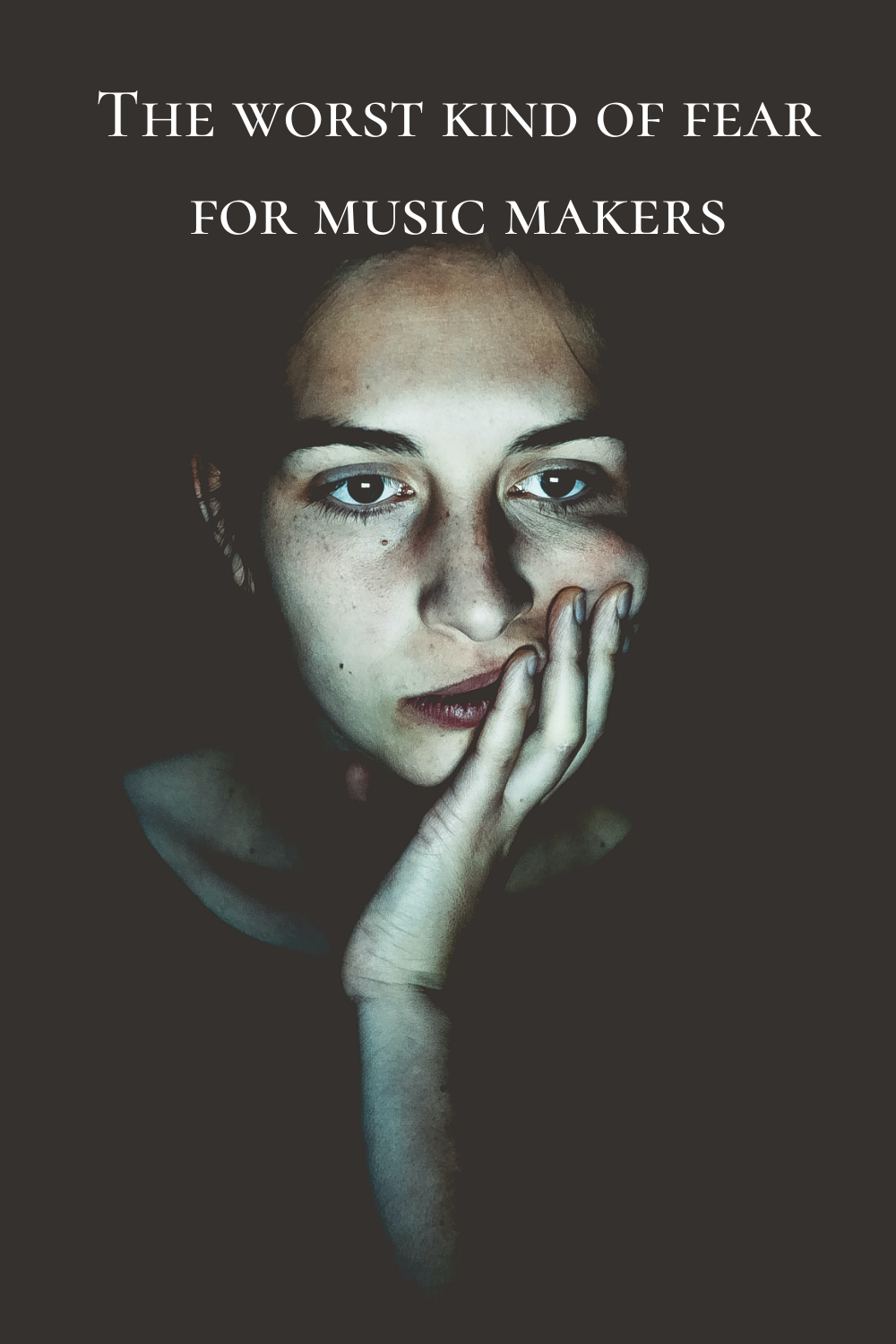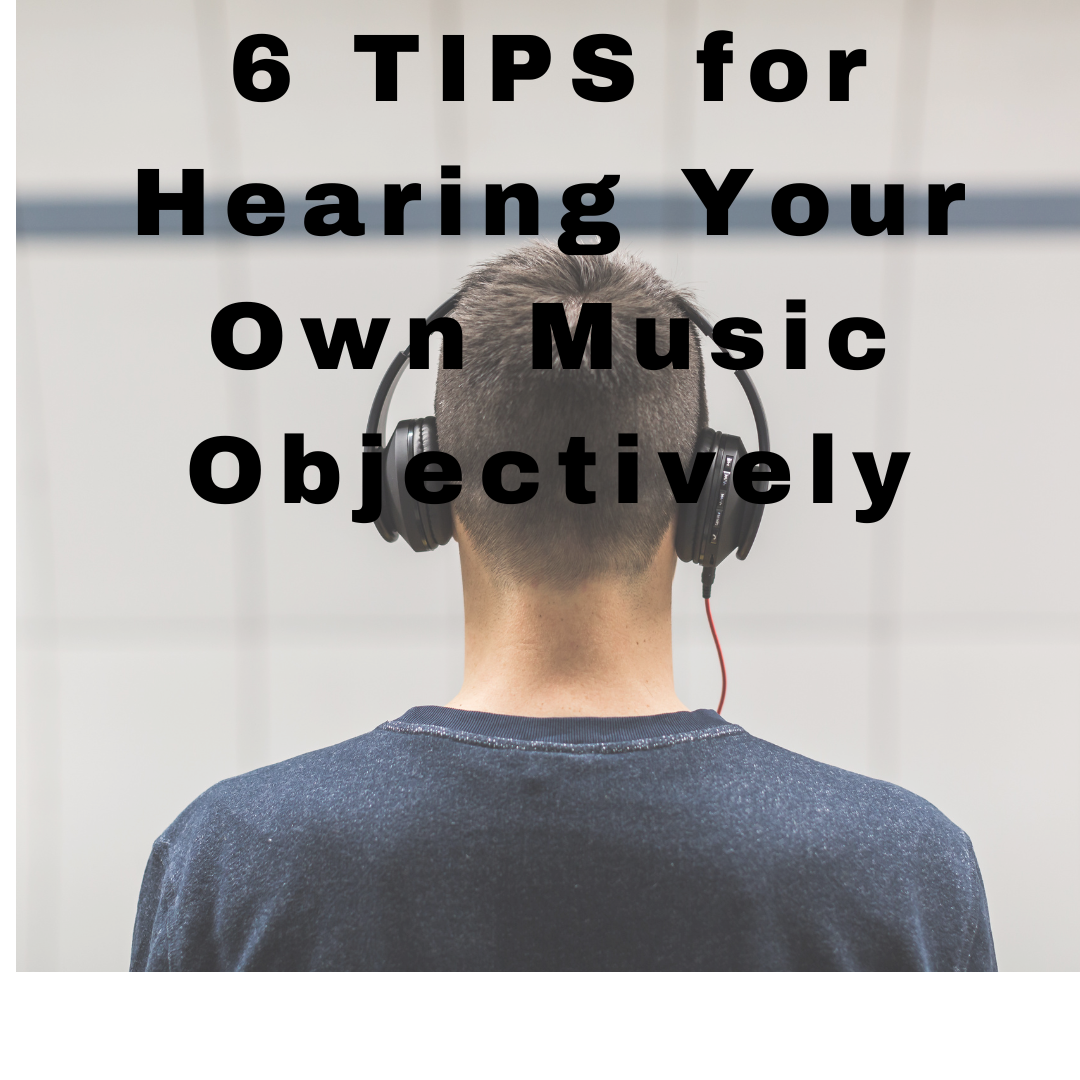
6 Tips for Hearing Your Own Music Objectively
I recently had a conversation with a young songwriter, who found it frustrating trying to objectively scrutinize her own music. “I can’t even tell if a song I wrote is good or horrible.” It reminded me of the first time I was able to hear my own music objectively. It’s a really interesting story that I sort of forgot about. In recalling it, I realized there must be a way for songwriters and artists to hear their music objectively without the utter humiliation that I experienced. Let me explain.
In my early days of attempting to write songs at a commercial level, I felt I was a pretty decent songwriter. My co-writer, who was also the main musician and producer for the songs we wrote, was also really good. We loved what we were creating. We would play them for friends and family and they would be blown away. “You guys did that? It sounds like something you’d hear on the radio!”, they would say. So, when our music was getting rejected for sync opportunities (music in film and TV) we found ourselves scratching our heads. Usually, the rejection had to do with my lyrics but sometimes it would be the production quality or the vocal (MY vocal) not being “right”. Man, it hurt. But mostly, it was confusing. I didn’t know how to fix it. I’d listen back to a song we had just finished and have no idea if it was good or bad or somewhere in between. I didn’t know how to hear my own music objectively.
Around that time, over the course of a few years, we attended a lot of “pitch sessions”. Pitch sessions are opportunities for artists, producers, and songwriters to pitch their music to a panel of industry professionals; either music supervisors (the people who actually select the music for movies and TV shows), producers with hit song credits, record label executives, etc. The attendees would throw a CD into a bin (yes, it was all CDs back then) and they would randomly select one and play the track for the panel and the room full of attendees. After listening to the industry professionals talk about what they listen for, what matters to them, how they identify “broadcast quality”, what their thinking process is, eventually it became really easy to identify a song even 10 seconds in and know if that industry pro was going to like it or not. I found it really easy to determine whether or not the songs being played were at the standard they needed to be.
One fateful pitch session, over the loudspeaker, broadcasting for the entire room to hear, one of our songs began to play. My co-writer and I both sunk into our seats. We instantly knew that our song was not at the standard they were looking for. Now, it wasn’t horrible. It wasn’t way off track. But it just wasn’t quite there.
Those pitch experiences trained my ear to hear music differently and they helped me develop the ability to hear my own music objectively. Notice, I said it “helped me develop the ability” to hear my own music objectively. It did not happen at once and it is still hard to listen to my own creations the way I listen to others’ creations. But I have learned some tricks and tips over the years that I’m happy to share with you.
Just a word of warning, these suggestions are for people who really, truly want to be professionals and are seeking to be creating at that level. If you are creating music because it brings you joy and you aren’t hoping to achieve a measurable level of success, these tips aren’t for you. Keep creating and making yourself and your loved ones happy!
Stop listening to friends and family
People who love and care for you will always listen with a different filter than they listen to other people’s music. THEY will not be able to listen to your music objectively. Of course, be gracious when they tell you how amazing your music is and how amazing you are. Just know that they are not going to be the best judges of your work. That being said, your friends and family are usually your first “fans”. Don’t be tempted to dismiss them as such simply because they are your friends and family. This isn’t related to building a fan base, only to who to listen to for specific feedback about the quality of your music.
Stop listening to people on social media
This may sound a little counter-intuitive since most of you are building and connecting with your fanbase on social media. But this is one of the big reasons why it is important to move fans away from social media and onto your mailing list! Other creatives are on social media engaging, commenting, and so-called “connecting” with you for their own purposes, right? I mean, isn’t this how we get the algorithms to work in our favor? Isn’t this how we find and connect with new fans? Here’s the thing; these days we have two issues working against us as creatives when it comes to social media (only two?) First of all, yes, this is how we find and connect with fans. So we have to be there. Second of all, we are living in an era of over-the-top positivity, which in so many scenarios is a great thing. But I have personally witnessed people posting videos or audio of themselves singing and they are…..really, REALLY bad. Yet, all of the comments are full of people telling this bad singer how amazing they are. I recognize these are dangerous waters I am treading in because the opposite response would be horrific and horrible. The truth is that even the really amazing singers have comments telling them how horrible they are. These comments are not reliable or accurate, either way! There are trolls. There are haters. There is also a reward system set up to benefit accounts for engagement. So, yes, you need to post, you need to engage, you need to comment, you need to respond to comments and all of this needs to be positive. Don’t be a troll! But also, this means you must not take any comment as meaningful feedback. Phew!
Study great songs commercially released that really move you and connect with you
There is no other way to know how to write great songs than to study great songs. Whether it’s the production you love or the “nuts and bolts” of the song (lyrics and melody), study them. Go beyond just listening for enjoyment. Break it down. Study the arc of the story, the way phrases work together, the change in melodic shape from section to section, and why certain parts of the song stick in your head.
Read books and blogs, listen to podcasts, etc. about songwriting and production
These resources often use great songs as examples and explain why a certain lyric worked so well or reveal the magical process a songwriter used to create the most beautiful melody. Be a better craftsman by studying your craft.
Become a helpful critic for other aspiring creators
There are songwriting organizations and Facebook groups full of creators who post their “works-in-progress” and ask for feedback. Take an hour one day a week and do some listening and offer constructive feedback. Remember to be kind, respectful and helpful. If something sounds so awful, that you can’t think of anything nice to say, then move on and find another post to comment on. This process of listening to someone else’s WIP, knowing the intention is to give helpful feedback, should help you begin to recognize the details of what makes a song move you.
Get professional feedback
Probably the best move I ever made to improve my songwriting was joining a company called Taxi. Taxi is a middle-man, filtering type of company. Let’s say a major record label is looking for hit songs for a well-known artist on their roster. They send a brief out to publishers and sometimes, directly to companies like Taxi. Taxi shares this brief; “major label looking for big ballads for a huge female artist’s next album, looking for hit songs along the lines of Celine Dion, Josh Groban”, something like that. Taxi members see these briefs and submit a song or two that may be a fit. Taxi charges a $5 fee per submission which I am CERTAIN is a way to keep people from pitching all of their songs to every brief because….they will. Anyway, when I joined Taxi, I really had never received any unbiased, professional feedback on my songs. The first year of my membership, every single song I submitted was rejected. For some of the submissions, Taxi would offer a critique. The critiques were coming back with specific instructions on writing better lyrics, writing better melodies, working on the production quality and so on. The annual convention Taxi holds is where I started attending my first pitch sessions. Getting rejection after rejection, reading the critiques, AND learning to hear what the industry pros were looking for sent me down the path to actually learning how to write at a professional level. Eventually, I started getting songs I submitted forwarded to the client and got quite a few sync placements that way. There are companies like Taxi but there are also organizations like NSAI (which I highly recommend if you are interested in writing for country artists) There are blogs, people like me, other professional songwriters, and/or producers sometimes offer feedback. You can also contact the press for album reviews.
The most important point of all of this is to understand that it IS possible to learn how to gain some amount of objectivity when it comes to listening to your own music. It does require work and some adjustments to your mindset. The most difficult obstacle to overcome is we often become emotionally attached to things we’ve created. The more you create and are willing to rewrite, change and even collaborate with others, the easier it will be to “detach” a bit. Keep going! Keep creating!

